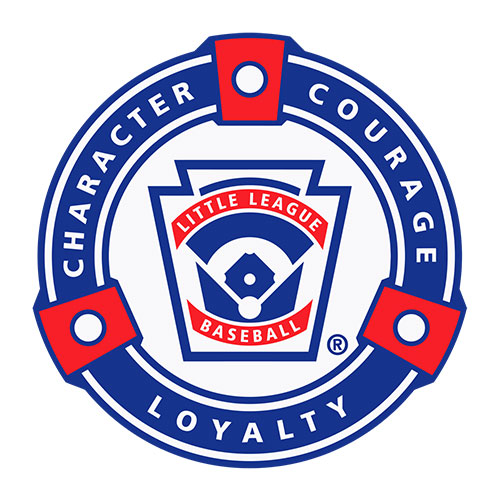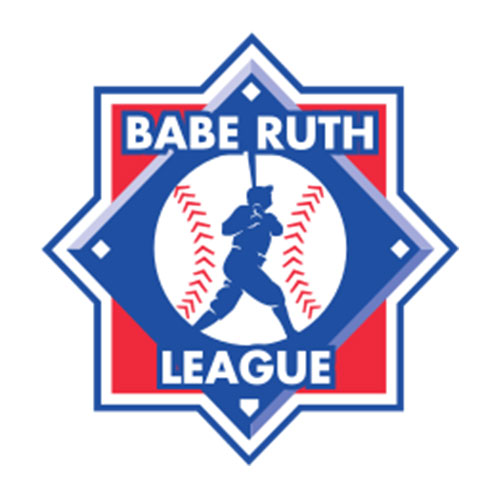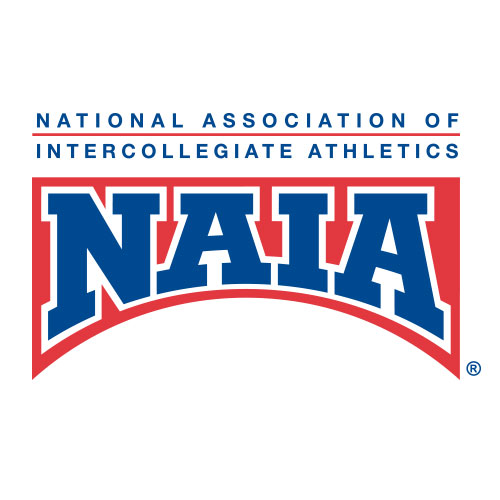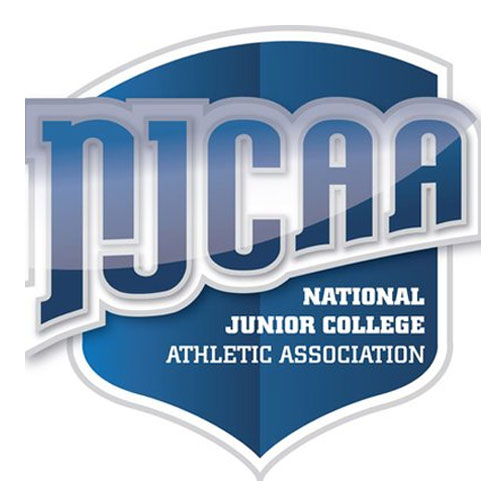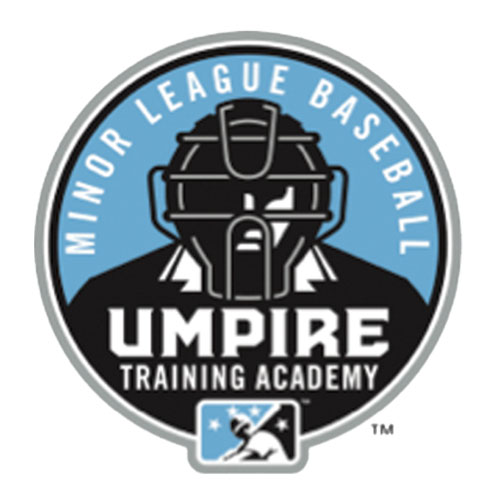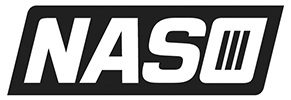Recruit, Retain & Celebrate Sports Officials
- Home
- /
- Become A Sports Official
- /
- Sports
- /
- Baseball
How To Become A Baseball Umpire
America’s pastime has a long and storied history and every
part of that history includes the umpires that make the games possible.
Why Real Umpires Love What They Do
Things To Consider
Physical Demands
The biggest thing you must be physically prepared for is having to stand several hours on end, occasionally in high heat. If you’re working the plate, bending your knees and holding position during every pitch is required. You will be required to jog periodically to properly position yourself and occasional sprinting might be needed. As the baseball players’ ages increase and the competitive levels increase, the physical demands will rise.
Mental Demands
Fast judgment is a hallmark of baseball umpires. You’ll be required to see action happen, analyze it and judge it with little hesitation. When you call a strike or a ball, or call a runner out or safe, you must do so confidently and with authority. With practice, many of these judgment calls will become second nature to you and your brain will tell you what you saw without having to think about it. Focus is crucial for baseball umpires as well. You must be able to keep yourself in the game mentally because intense action can break out at any second, even if the play has been routine for several innings in a row.
Training
Baseball has many situations that happen rarely but that you’ll need to master to be prepared for every situation. You can train yourself with rule books and manuals from the Referee Training Center, but you should also join a local umpires association where you can expect lectures, demonstrations and exercises that will prepare you for what you’ll face.
Different organizations have different requirements, but most require at least attendance at a meeting to go over any current rule changes. Additional requirements may be a written test with a minimum passing score, payment of fees for the upcoming season and association meeting attendance.
Equipment
- Polished, black athletic shoes. Either turf shoe or flat—bottom.
- Black socks.
- Gray slacks usually but check with a local association for what is appropriate in your area.
- A pullover shirt, usually dark blue or black. Check what your association requires or permits.
- Black leather belt.
- A cap. Get a sized one rather than an adjustable.
- Officiating tools: pencil and indicator.
- Equipment Needed for the Plate Umpire
- A mask with a throat protector.
- An inside chest protector.
- A cup (for men).
- Shinguards.
- Plate brush.
- Ballbag
- Protective plate shoes
Estimated cost: $350. Once you join an umpire’s association, there may be veteran umpires who are willing to give or sell you “hand–me–downs” to help you get geared up at a reduced cost.
Game Fees
Game fees vary widely based on the players’ age group, competitive level and the state you umpire in. You can expect the range of $10-$25 for youth games and $40-$75 for competitive high school varsity games. To maximize your income, you can work a combination of levels several days a week, including weekend tournaments where you can work games all day. An umpire with a full schedule can make several hundred dollars per week outside their normal jobs.
Moving up to work college games comes with a dramatic increase in pay but will require more training, study and travel. Professional umpires can make more than $100,000 per year.
Assistance
Ask a respected veteran umpire to be your mentor. That mentor will help answer your questions and provide crucial support. Don’t be afraid to ask questions about situations and rules. The more you talk about umpiring, the more you will learn about it.
Certification
Here’s the path for starting and continuing your officiating career
Youth Level
Many umpires start at the youth level. Contact your local recreation department leaders or the local Little League. Your local association should also help you make contacts to get games.
Here are the national offices for amateur youth leagues:
Little League Baseball, Inc.
PO Box 3485
Williamsport, PA 17701
717-326-1921
Pony Baseball and Softball
PO Box 225
Washington, PA 15301
412-225-1060
Babe Ruth League, Inc.
1770 Brunswick Pike
Trenton, NJ 08638
609-695-1434
High School
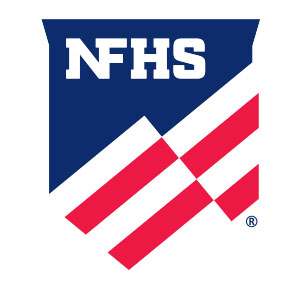 After working youth games, you may feel you have the skills and confidence to work higher levels of competition. You may also start at this level if you have a good grasp of the rules and/or experience as a player. For Jr. High games, ask your association leader or contact your school district. For high school games, you’ll need to work with an assigner through your local association. Any work with sanctioned school games requires you to be registered through your state, to prove you’re competent.
After working youth games, you may feel you have the skills and confidence to work higher levels of competition. You may also start at this level if you have a good grasp of the rules and/or experience as a player. For Jr. High games, ask your association leader or contact your school district. For high school games, you’ll need to work with an assigner through your local association. Any work with sanctioned school games requires you to be registered through your state, to prove you’re competent.
The National Federation of State High School Associations (NFHS) is the nation’s governing body for high school athletics. Through them you can get all the information you need from your state to register and start the process to work High School sports.
Begin your High School football officiating journey at highschoolofficials.com
In most cases, your state association can put you in contact with a local officials’ association. Local associations assign games, many times offer mentoring programs and assist in training.
High school athletic directors, association assigners and other officials can also you get games.
Plan to attend local camps and clinics. They are focused on helping officials learn and improve.
College
College umpiring is highly competitive. Umpires with one year of youth league experience would most likely not be a candidate even though there isn’t a designated number of years of experience to reach the college ranks. Obtaining a conference schedule and advancement within a conference is based on the league or conference. When first trying to enter a college conference, talk with umpires who are currently in the conference. They can give you valuable information such as the conference commissioner and umpiring camps to attend. College athletic directors or sports information directors can also be helpful.
You may start your career in the NAIA, work an NCAA Division III conference, advance to a Division II schedule, then on to a smaller Division I conference and culminate with a major Division I schedule. Attending officiating camps is an important tool to improve your umpiring. Not only can you learn from experienced umpires, you can be seen by those who assign games at that level, most often conference commissioners or umpiring supervisors.
The collegiate national governing bodies:
National Collegiate Athletic Association (NCAA)
PO Box 6222
Indianapolis, IN 46206-6222
317-917-6222
National Association of Intercollegiate Athletics (NAIA)
120 W. 12th Street
Suite 700
Kansas City, MO 64105
816-595-8000
National Junior College Athletic Association (NJCAA)
PO Box 7305
Colorado Springs, CO 80933- 7305
719-590-9788
MINOR & MAJOR LEAGUE BASEBALL
New minor league umpires begin at lower league levels (Class A). Umpires are evaluated and critiqued throughout their careers. Umpires either advance through the system to Double-A, then Triple-A, or are released. There are no set number of years for advancement to the next level, however it could take 8-12 years before reaching Triple-A.
Once in Triple-A, Major League Baseball may consider you a prospect. The best Triple-A umpires may have the opportunity to advance to Major League Baseball but there is no guarantee. There are very few openings annually at the Major League level.
To become an umpire in the minor or major leagues, you must attend a professional umpire school. The schools are generally five weeks long. The top students are selected for an extra one-week evaluation program conducted by the Professional Baseball Umpire Corporation. At the end of that week, the elite students are hired and become minor league baseball umpires.
To begin the journey into professional umpiring, contact the following umpire schools:
Minor League Baseball Umpire Training Academy
9550 16th Street N.
St. Petersburg, FL 33716
877-799-UMPS
Campus Location
Historic Dodgertown
4003 26th Street
Vero Beach, FL 32960
Wendelstedt Umpire School
88 S. St. Andrews Drive
Ormond Beach, FL 32174
1-800-818-1690
Find out more at: Minor League Baseball: How Do I Become a Professional Umpire
(Note: The umpire schools also accept amateur umpires looking to improve their amateur careers.)
National Association of Sports Officials
You may also consider joining NASO, the only nation-wide officials support organization. As a member-driven community; NASO exists to unite, celebrate, develop and protect all officials so that they can reach their goals and take pride in their contributions to the benefits that sports provide society.
Learn more about NASO at NASO.org.


